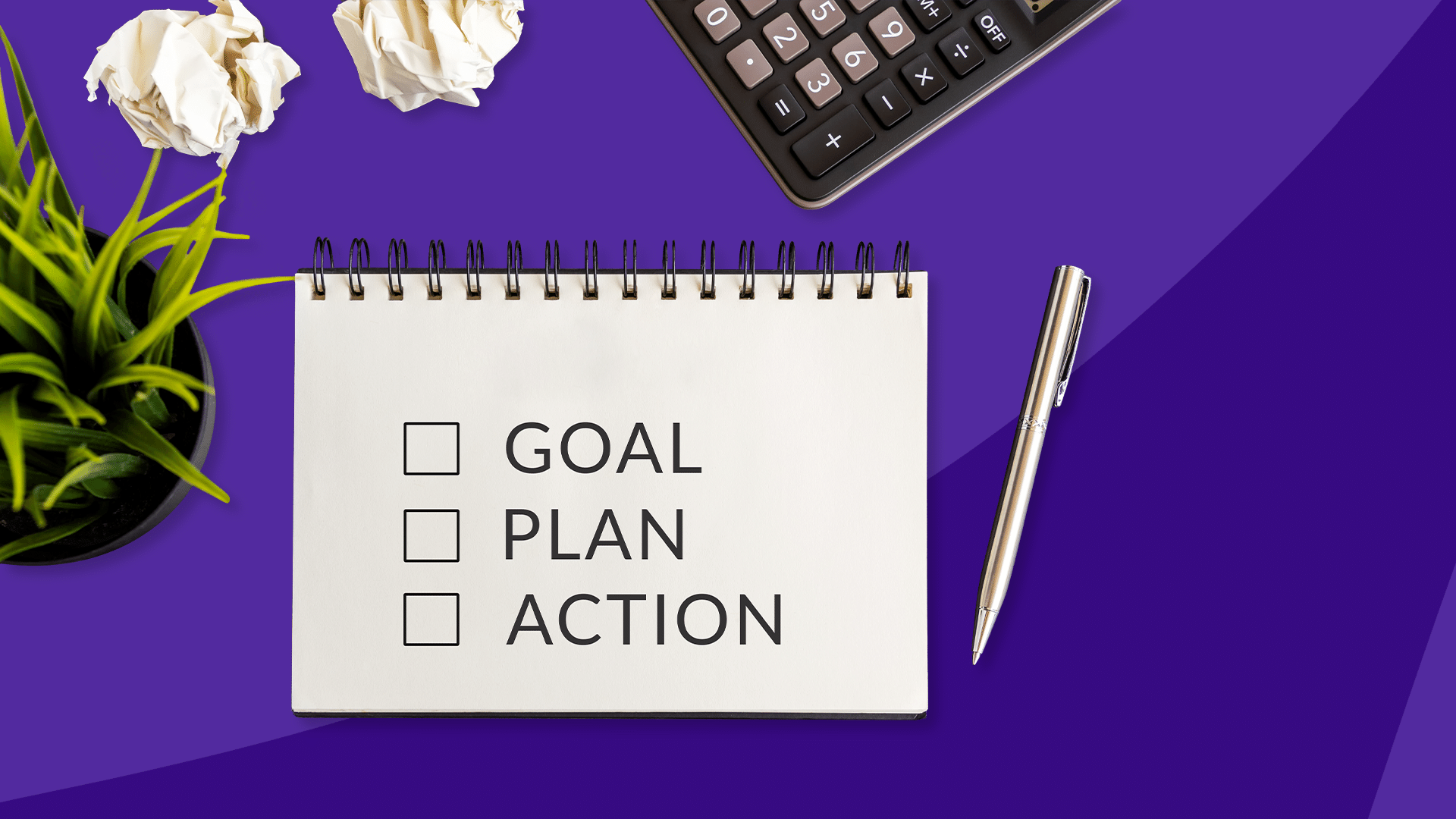Ahh, there’s nothing like the new year to help get you motivated to set and achieve new goals. In fact, if you make New Year’s resolutions, you’re in good company. Nearly a quarter of all American adults intended on making a resolution heading into 2022. But while making resolutions can be a good idea, breaking them is sometimes an even better one.
RELATED: Abandoned resolutions? Here’s how to get back on track
Are resolutions destined to fail?
You might have the best of intentions when it comes to setting a goal as the calendar turns to a new year. Most people, however, don’t get too far with their resolutions. The workout app Strava has coined Jan. 19 as “Quitter’s Day,” when they notice a steep drop-off in people training. One study found that just 9% of people stuck to all their resolutions in 2019. The most commonly broken resolutions might be ones that you’re thinking about, too: losing weight, saving money, eating healthier, and exercising more. These all sound like great goals in theory. So, why are there so many failed New Year’s resolutions?
Lacking tangible steps
“One of the reasons people often fail at resolutions is that they approach them in a black and white, and it’s all or nothing,” says Ericka Goodwin, MD, a board-certified child, adolescent, and adult psychiatrist. “Their resolutions are often something big that have complicated or multiple steps to achieve.” But if you haven’t identified what those steps are or how you’re going to conquer them ahead of setting the resolution, she explains, then it’s much harder to figure it out retroactively. So people will look at their resolution, see they haven’t taken a step toward it, and give up.
In other words, a broad goal can be a bad New Year’s resolution. For instance, if your goal is to lose weight, but you haven’t broken down that broad resolution into smaller, actionable steps, like “walk for 30 minutes three times a week” or “add an extra serving of vegetables each day,” you might take half-hearted steps to lose weight, then get disheartened when the scale hasn’t budged and throw in the towel completely.
Taking too much on
Additionally, when it comes to making New Year’s resolutions, you might be biting off more than you can chew. “People also fail at keeping their resolutions because they made too many resolutions, and it becomes overwhelming or those resolutions are too challenging to be attained in a single year,” says Sam Nabil, MA, a licensed counselor and CEO of Naya Clinics. “Having unrealistic expectations can result in extra pressure on your part, which will lead to increased stress and anxiety levels.”
Most resolutions are hard enough work on their own. Trying to tackle several at a time might be more than you can manage on top of regular life stressors and lead you to quit.
How to set better New Year’s resolutions
If you’re finding that sticking to your New Year’s resolutions is creating additional stress or anxiety in your life, it’s okay to modify or break your resolution. It might even help you create better goals going forward.
“We should look at breaking resolutions in another way and regard them as an opportunity to know ourselves a little more,” Nebil says. “For instance, if you constantly find yourself sneaking carbs despite being on a keto diet, maybe it’s a sign that you’re actually better off with a different weight loss plan.”
Set a smaller goal
Instead of setting one big, overarching New Year’s resolution that can come loaded with pressure, another idea is to set smaller monthly goals to create new habits all related to one larger goal. Sticking with the losing weight example, it might be that in January, you set a goal to find a workout class you enjoy and attend two times a week.
That’s much more sustainable than telling yourself you’re going to go six days a week. In February, you can add another goal to your toolkit. It might be something as simple as getting eight hours of sleep each night. Instead of one massive resolution, you’re using the year to create habits that you can stick with in a long-term way.
Focus on purpose rather than outcome
Another thing that’s helpful, says Nabil, is to focus on your purpose rather than a specific outcome. “Lose 20 pounds” is restrictive and you might feel like a failure if you lose only 12. But if your purpose for losing weight is to have more energy to play with your kids, focusing on that instead of the number on the scale can make it easier to see your goal through.
Explore alternatives to New Year’s resolutions
There are many ways to make changes in your life that don’t require a lofty goal set on January 1. Try one of these ideas instead of New Year’s resolutions:
- Create a bucket list (or ditch one that’s making you feel disappointed)
- Design an actionable vision board
- Shift your focus from change to gratitude
- Write a mission statement for you or your family
- Reflect on your characteristics and accomplishments
It’s okay not to set a goal
Of course, you don’t need to set a New Year’s resolution at all. Many people do so because the calendar year feels like a fresh beginning, but you can set a new goal—or not!—whenever you want. Don’t feel like a new year means you need to unleash a “new you.” The past few years have been challenging for most of us and just getting through the next year with your sanity might be all the resolution you need.











